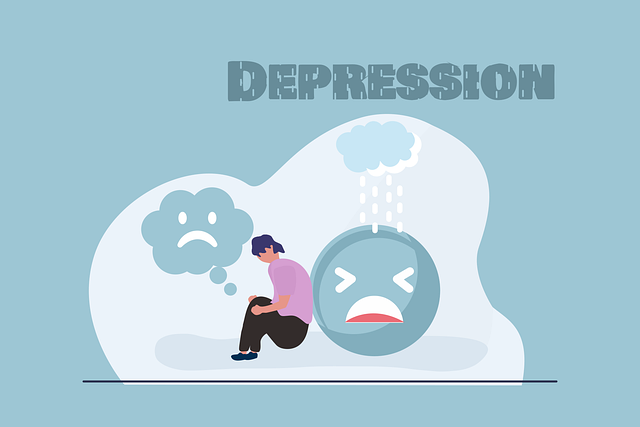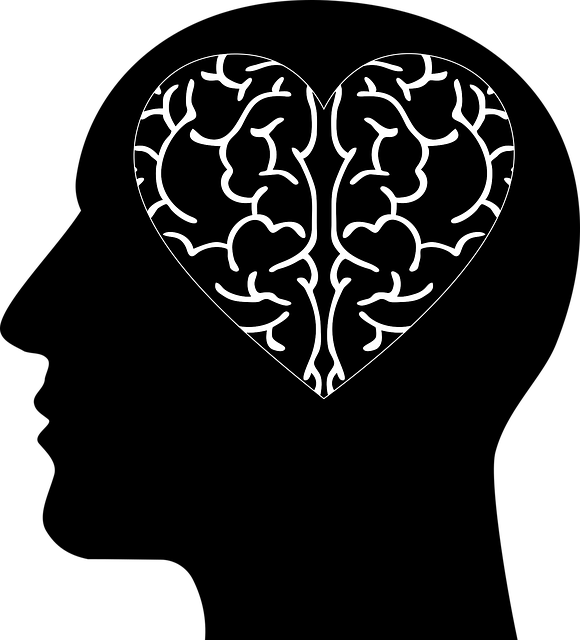Mastering emotion regulation through techniques like cognitive behavioral therapy (CBT) and mindfulness meditation is key to confronting life's challenges with resilience, improving mental well-being, and enhancing relationships. Boulder Depression Therapy professionals combine these evidence-based methods with self-awareness exercises and journaling to help individuals manage emotions healthily, offering tailored support that respects diverse cultural backgrounds. Their innovative approach has shown remarkable success in empowering clients with lasting coping skills for emotional healing and holistic well-being.
Emotion regulation is a powerful tool for enhancing mental well-being and fostering resilience. This article explores effective techniques taught by professionals like those at Boulder Depression Therapy, offering profound benefits in managing and understanding emotions. We delve into common strategies, their practical application in daily life, and the crucial role of experts. Through case studies, we highlight success stories, demonstrating how these techniques can revolutionize emotional health.
- Understanding Emotion Regulation and Its Benefits
- Common Techniques in Emotion Regulation Teaching
- Incorporating Techniques into Daily Life
- The Role of Professionals in Emotion Regulation Training
- Case Studies: Success Stories from Boulder Depression Therapy
Understanding Emotion Regulation and Its Benefits

Understanding emotion regulation is key to navigating life’s challenges with resilience. It involves recognizing and managing our emotional responses in a healthy way, allowing us to adapt to stressful situations without being overwhelmed. By learning effective techniques, individuals can gain greater control over their emotions, leading to improved mental well-being. This process empowers folks to foster better relationships, make sound decisions, and boost their overall quality of life, especially when coupled with services like Boulder Depression Therapy.
Emotion regulation isn’t just about suppressing feelings; it’s about understanding and responding to them constructively. This promotes emotional healing processes, reduces the risk of depression prevention, and fosters a sense of confidence boosting. It enables individuals to transform their relationship with emotions, turning potential triggers into manageable aspects of life, rather than overwhelming forces.
Common Techniques in Emotion Regulation Teaching

In the realm of emotion regulation teaching, several common techniques have proven effective for managing and understanding complex emotions. One prominent approach is cognitive behavioral therapy (CBT), which focuses on identifying and changing negative thought patterns and behaviors contributing to emotional distress. This evidence-based method, often recommended by Boulder Depression Therapy experts, empowers individuals to gain control over their emotions by challenging unhelpful beliefs and replacing them with more realistic, balanced perspectives.
Another key strategy is mindfulness meditation, a practice that fosters present-moment awareness and non-judgmental acceptance of emotions as they arise. Integrating mindfulness into daily routines can significantly enhance emotional regulation, enabling individuals to respond rather than react to stressful situations. These techniques, when combined with Mental Health Policy Analysis and Advocacy efforts to improve access to quality care, contribute to more effective mood management and overall well-being.
Incorporating Techniques into Daily Life

Incorporating emotion regulation techniques into daily life is a pivotal step for anyone seeking to enhance their mental wellness, particularly those dealing with issues like Boulder Depression Therapy. The journey begins with understanding and practicing self-awareness exercises that help individuals recognize their emotional triggers and patterns. This heightened self-awareness forms the foundation for managing emotions effectively.
One simple yet powerful tool is Mental Wellness Journaling Exercise Guidance. Taking time each day to reflect and record thoughts, feelings, and experiences in a journal can serve as a valuable outlet for processing emotions. By reviewing entries regularly, individuals gain insights into their emotional landscape, identify recurring themes, and develop strategies to navigate challenging situations with more resilience. This practice aligns perfectly with the broader goal of Mental Health Awareness, fostering a proactive approach to maintaining emotional balance.
The Role of Professionals in Emotion Regulation Training

In the context of emotion regulation techniques teaching, professionals play a pivotal role in guiding individuals toward better emotional well-being. Therapists, counselors, and healthcare providers are equipped with specialized knowledge and skills to facilitate effective learning. At centers like Boulder Depression Therapy, these experts employ various Emotional Well-being Promotion Techniques tailored to individual needs. They create safe spaces for clients to explore and understand their emotions, using evidence-based methods that can range from cognitive behavioral therapy to mindfulness practices.
Professionals also ensure Healthcare Provider Cultural Competency Training is integrated into the process, fostering an environment where diverse perspectives are respected and understood. This training equips them with the tools to address unique emotional challenges across different cultural backgrounds, ensuring inclusive and impactful emotion regulation support. By leveraging their expertise, professionals empower individuals to manage and regulate their emotions healthily and sustainably.
Case Studies: Success Stories from Boulder Depression Therapy

Boulder Depression Therapy has seen remarkable success through its innovative approach to emotion regulation techniques teaching. Case studies reveal that individuals who have undergone their program have shown significant improvements in coping skills development and emotional healing processes. The therapy focuses on empowering clients with practical tools to manage and regulate their emotions effectively, fostering a sense of control and resilience.
Through personalized sessions tailored to each individual’s unique needs, Boulder Depression Therapy facilitates deep understanding of emotional regulation. This holistic approach not only addresses the symptoms of depression but also equips individuals with lasting strategies to navigate life’s challenges. The success stories from Boulder Depression Therapy serve as a testament to the transformative power of targeted emotion regulation techniques in enhancing overall well-being.
Emotion regulation techniques, as explored through the lens of practices like those offered by Boulder Depression Therapy, hold significant potential for enhancing mental well-being. By understanding emotional responses and adopting evidence-based strategies, individuals can better navigate life’s challenges. Incorporating these techniques into daily routines empowers people to foster resilience, improve relationships, and lead more fulfilling lives. Professionals play a crucial role in guiding and supporting individuals through this transformative process, offering specialized training that can yield profound and lasting results.














